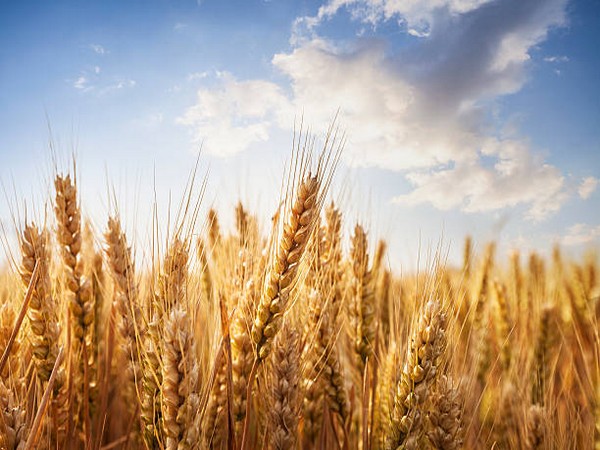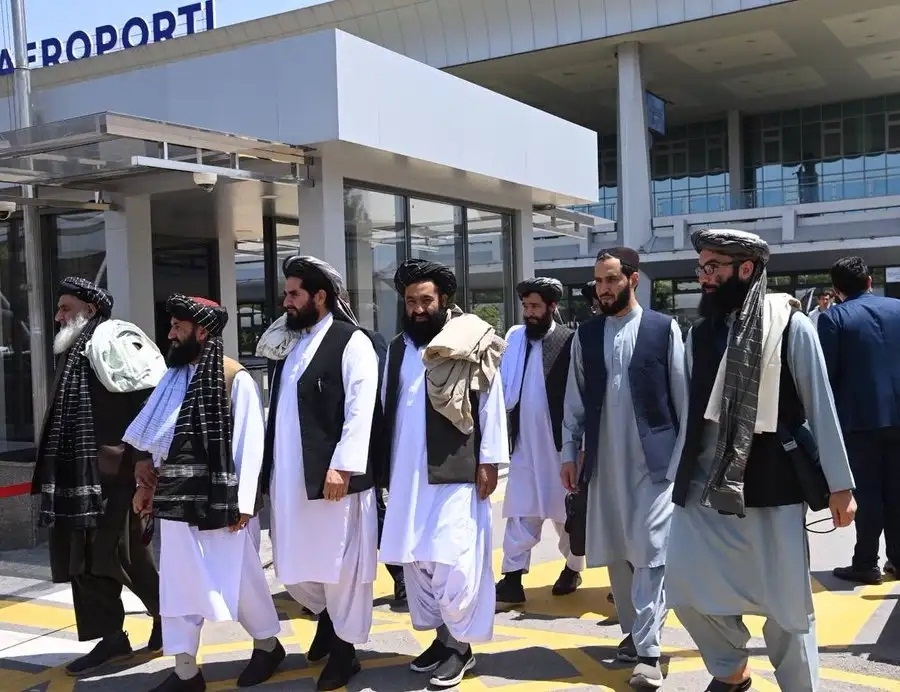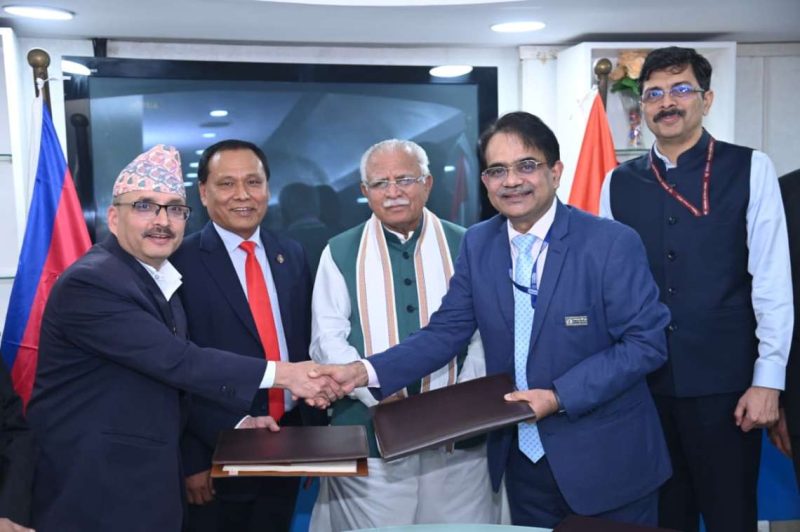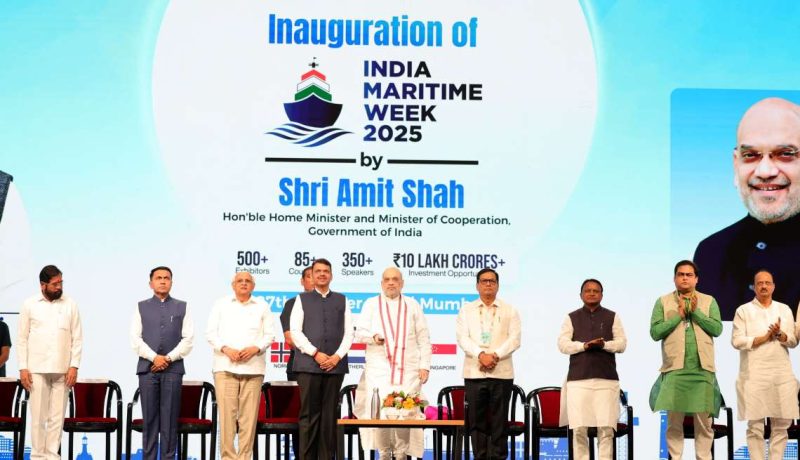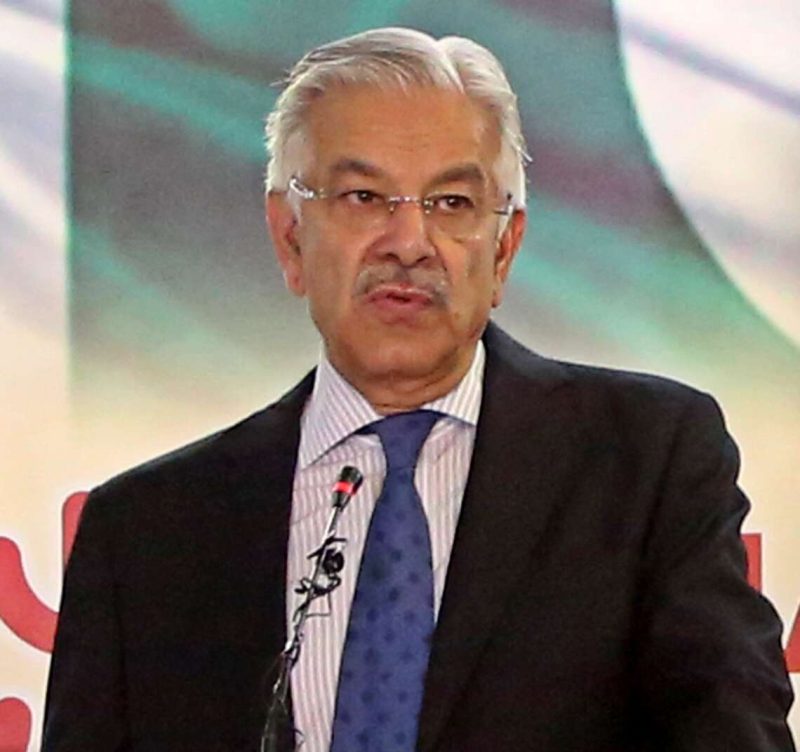The escalation in pesticide residues and mycotoxins has raised alarms among exporters, who now face the looming threat of an EU ban unless corrective measures are promptly implemented…reports Asian Lite News
Pakistan’s agricultural and food sector is grappling with significant challenges, particularly in its narrow export base dominated by a limited range of commodities. Among these, rice emerges as the primary export, generating over $3.5 billion in foreign exchange in the fiscal year 2024, according to a report published in Dawn.
However, the rice export industry is increasingly plagued by the threat of shipment rejections, particularly from the European Union, the United Kingdom, and the United States, citing serious food safety concerns.
In 2023, the European Union issued a surge in alerts due to the discovery of pesticide residues in rice shipments, particularly basmati, originating from Pakistan and India. These shipments failed to meet the EU’s maximum residue limits (MRLs) for pesticides. In previous years, India had a higher non-compliance rate compared to Pakistan. However, the situation took a sharp turn in 2024, with Pakistan’s rice shipments triggering more alerts than those from India, as reported by Dawn.
Additionally, Pakistan has consistently recorded higher cases of mycotoxins, particularly aflatoxins, compared to India over the past three years. Aflatoxins are toxic substances that develop in rice when infected by fungus or mold.
The escalation in pesticide residues and mycotoxins has raised alarms among exporters, who now face the looming threat of an EU ban unless corrective measures are promptly implemented. Strengthening Pakistan’s food safety protocols within the rice sector is now a critical imperative.
The rice value chain in Pakistan involves key players such as farmers, stockists, millers, and exporters. Farmers frequently use agrochemicals like chlorpyrifos, acetamiprid, and imidacloprid–chemicals intended for other crops like cotton and sugarcane–to combat pests such as stem borers, brown bugs, and fungal infections. However, these chemicals are not approved for use in rice crops, leading to heightened levels of pesticide residues in harvested rice, the report added.
Furthermore, improper application practices by farmers, such as using higher than recommended concentrations or applying pesticides too close to harvest time, contribute to elevated residue levels. The lack of education among many farmers exacerbates the problem, as they are often unaware of rice-specific agrochemicals, their proper dosages, and the required pre-harvest intervals (PHI) for pesticide dissipation.
The issue of mycotoxins is compounded by inadequate post-harvest practices. Many farmers resort to premature harvesting due to climate change-induced erratic rainfall patterns and the need to shorten crop cycles. This premature harvesting, often done at moisture levels of 20-30 per cent, coupled with suboptimal drying methods, promotes fungal growth and aflatoxin contamination in the harvested rice.
Even among millers, the use of outdated sun drying methods persists, despite their inefficiency in reducing moisture levels to the safe threshold of 14-15 per cent. This highlights a broader systemic issue of inadequate infrastructure and technology adoption within Pakistan’s rice milling industry.
Moreover, the procurement practices of rice mills are fraught with challenges. Most mills purchase paddy from local markets without adequate knowledge of its origin or the farming practices employed. This lack of traceability and quality control further contributes to the prevalence of non-compliant rice shipments.


